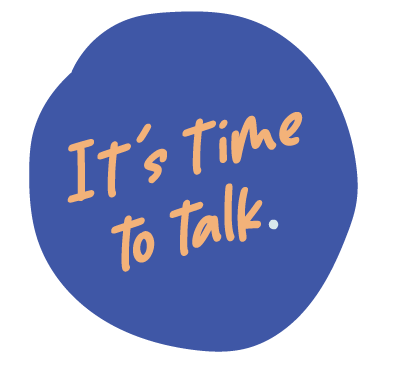Domestic Violence and Children
Domestic Violence and Children
It can be hard to recognise when you are in an unhealthy relationship. In the following videos, people share their personal stories:
It can be hard to recognise when you are in an unhealthy relationship. In the following videos, people share their personal stories:
Our home life affects how we grow up - how well we relate to people and whether we have happy memories of our family. Living in a home where there is violence can seriously affect children. It can lead them to developing emotional, psychological and behavioural problems that then follow them into adulthood.
Children may be exposed to domestic violence in different ways. They might see or hear one parent hurt the other or damage things. They might see a parent be angry, afraid or upset. They might get caught in the cross-fire of physical abuse or they themselves might be a target of abuse.
Young children are still learning and growing. They may not completely understand everything they see, hear and experience. Some children may even blame themselves for their parents fighting. Children need to know that parental violence is not their fault.
Impacts of Domestic Violence on Children
Being exposed to violence at home can affect children in different ways in terms of how their emotions, brain and body develops.
They may:
Signs that children may have witnessed or experienced violence or abuse
Infants:
Poor health
Poor sleeping habits
Excessive screaming
Poor attachment to parents
Pre-schoolers
Difficulty making friends and relating to adults
Low interest in peer activities
Adolescents
Emotional Stress
Hostility
Alcohol/drug taking
Criminal behaviour
Self-harm
Depression
Homelessness
Toddlers
Biting
Hitting
Severe shyness
Poor eating and sleeping
Primary school age
Difficulty controlling emotions
Bed wetting
Rebelling against authority
Difficulty at school
Fighting with peers
Difficulty concentrating
Cycles of Violence
Often as adults, we repeat the behaviours that we experienced growing up - whether we intend to or not. Some behaviours can be good, like reading to our children or telling them we love them. But some behaviours can be unhelpful or hurtful. For example, a child growing up in an abusive home may learn to solve their problems using violence rather than peacefully. Research from the United States finds that:
(Adapted from Domestic Shelters)
As parents are the role models and main support for children, it is important for children to feel safe with their parents. Violence is never an acceptable way to solve conflict or to discipline a child. Children need nurture and love to feel connected and cared for.
If you or your partner need support, contact:
Blue Knot helpline 1300 657 380, 9am - 5pm Monday to Sunday AEST. Email: helpline@blueknot.org.au















